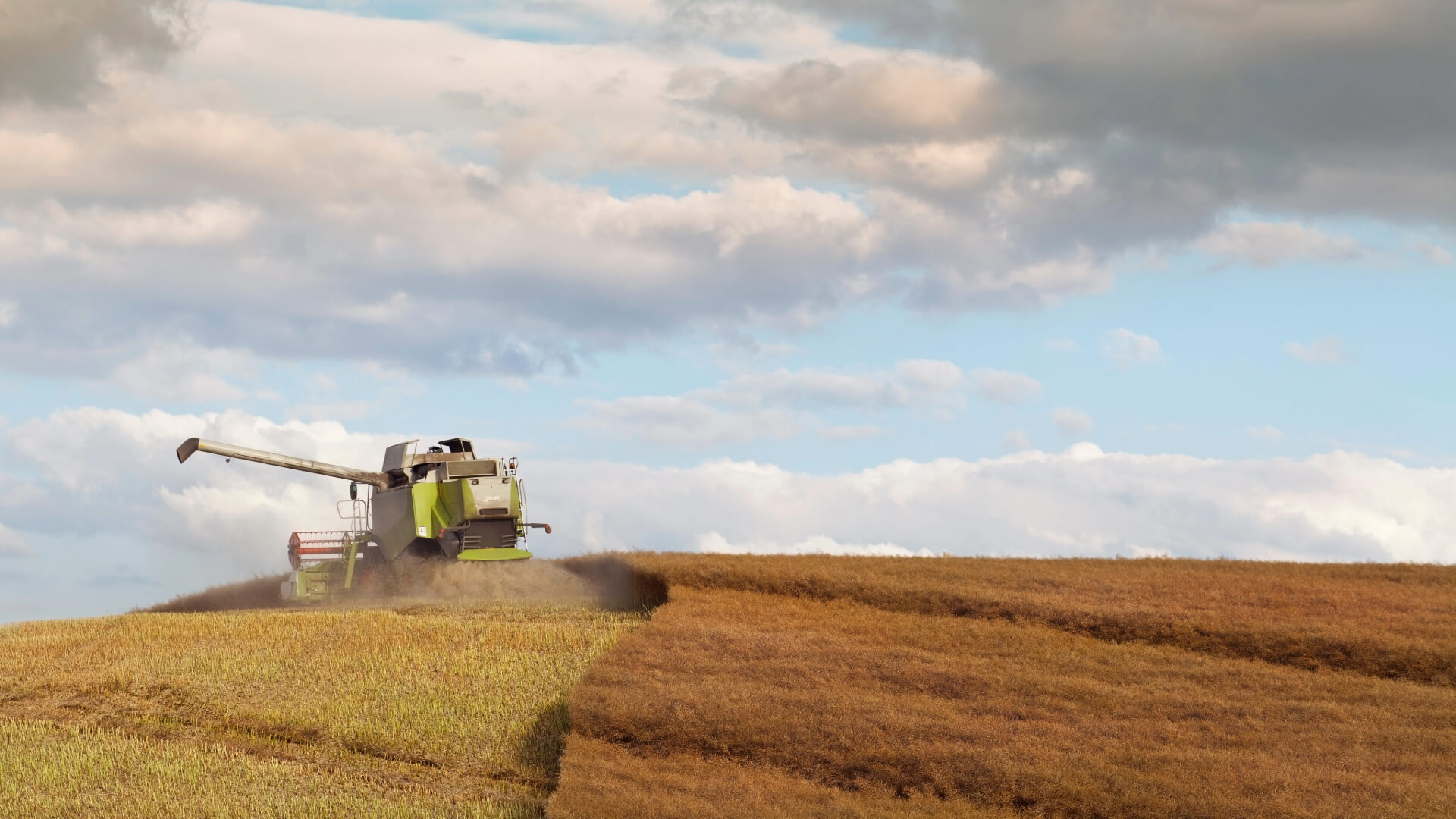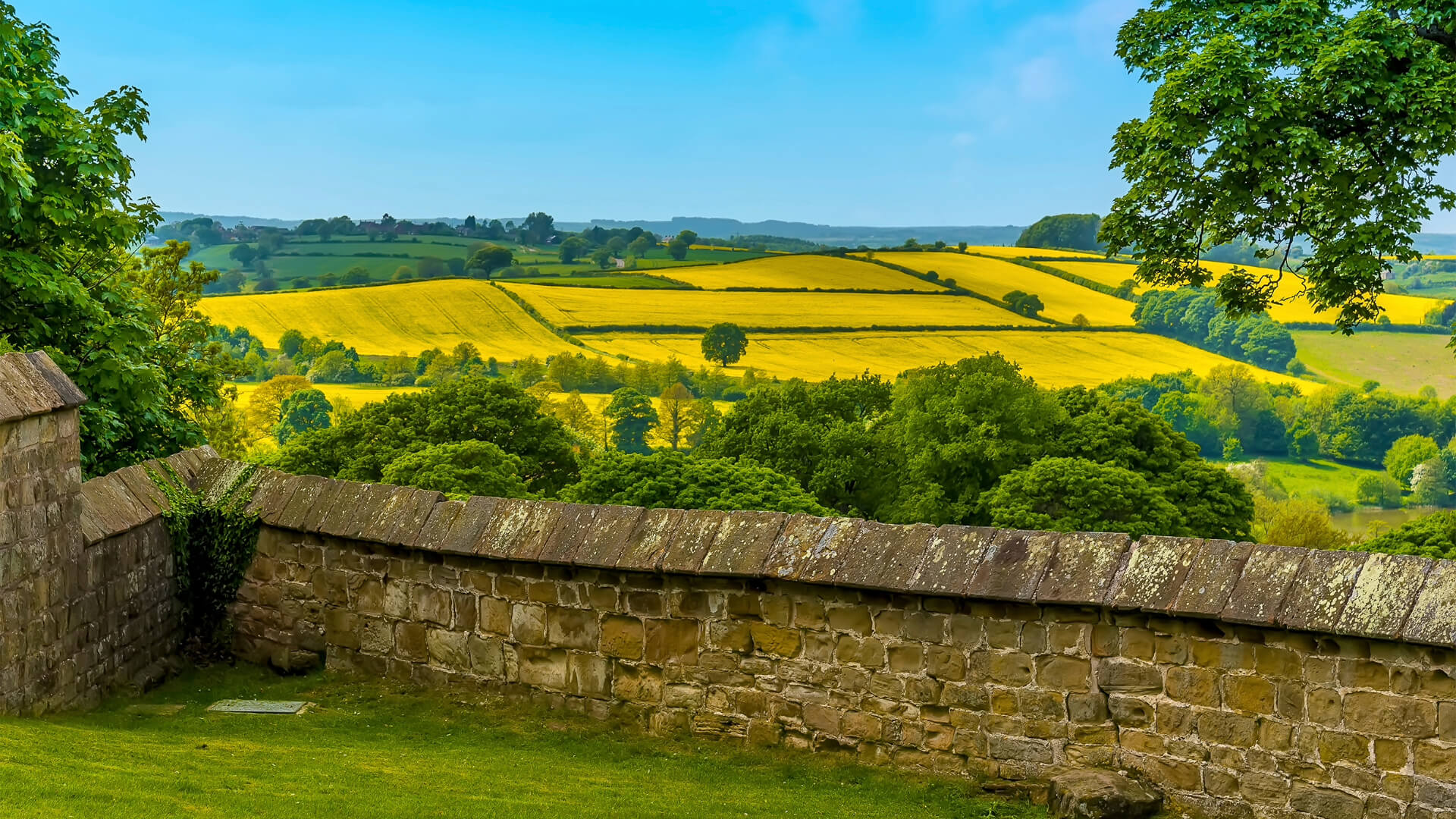British Farmers Grapple with Worst Harvests in Decades
Posted by Stelios on 5th Jan 2025 Reading Time:
Newly released data reveals that British farmers have endured one of the most challenging harvests since records began, raising serious concerns about the nation’s food security. The Department for Environment, Food and Rural Affairs (Defra) has reported that 2024 marked the third-lowest combined production of wheat, barley, oats, and oilseed rape since national record-keeping began in 1984.

Harvest Figures Highlight Challenges
While the overall harvest for these key crops ranks as the third worst on record, specific figures paint a starker picture. Wheat production, crucial to the UK’s food supply, recorded its second-lowest yield, and oilseed rape suffered its worst harvest in decades. This decline follows a winter of unprecedented rainfall, which disrupted planting and hampered the management of winter crops like wheat and barley.
The wheat harvest totalled just 11.1 million tonnes—a 20% drop compared to 2023—driven by reductions in both the area farmed and crop yields. Oilseed rape fared no better, with production plummeting by 32% to 824,000 tonnes. While barley harvests saw a modest 1.8% rise, this masked a 24% fall in winter barley, offset by a significant increase in spring barley.
These statistics align with earlier reports confirming England’s second-worst harvest on record, trailing only behind the disastrous yields of 2020.
Food Security Under Pressure
Defra’s findings coincide with the release of the 2024 United Kingdom Food Security Report, which highlights a “pressing risk” to the resilience of the UK’s food supply. Climate change is cited as a key factor, threatening long-term food production and increasing vulnerability to extreme weather events.
Tom Lancaster, a farming analyst with the Energy and Climate Intelligence Unit, reinforced this view, stating:
“The record-breaking rainfall and storms last winter had a devastating impact across the UK. Supporting farmers to adapt and build resilience will mitigate future challenges.”
The report also revealed that household food security in the UK has deteriorated. The percentage of highly food-secure households has dropped from 87% in 2019-20 to 83% in 2022-23, as financial pressures from inflation further strain budgets.

Political Reactions and Farmer Concerns
The worsening harvest and food security crisis has prompted sharp criticism of government policies. National Farmers’ Union President Tom Bradshaw has warned that inadequate financial returns for food production undermine farmers’ livelihoods, calling for a shift in how the sector is supported.
The Liberal Democrats have criticised the current Labour government and previous Conservative administrations, accusing them of neglecting farming communities. Tim Farron, the party’s rural spokesman, stated:
“Farmers are the backbone of our food supply and custodians of our countryside. Policies that disincentivise food production are short-sighted and damaging.”
In response, a Defra spokesperson defended the government’s efforts, highlighting a £5 billion investment in sustainable farming over the next two years and plans for a 25-year roadmap to secure the sector’s future.
The Road Ahead
The UK currently imports 40% of its food, which could rise if domestic production struggles. With climate change presenting an ongoing challenge, experts stress the importance of innovation and adaptation to ensure resilience in farming. While government investments aim to stabilise the sector, balancing environmental sustainability and food security remains an urgent priority.


